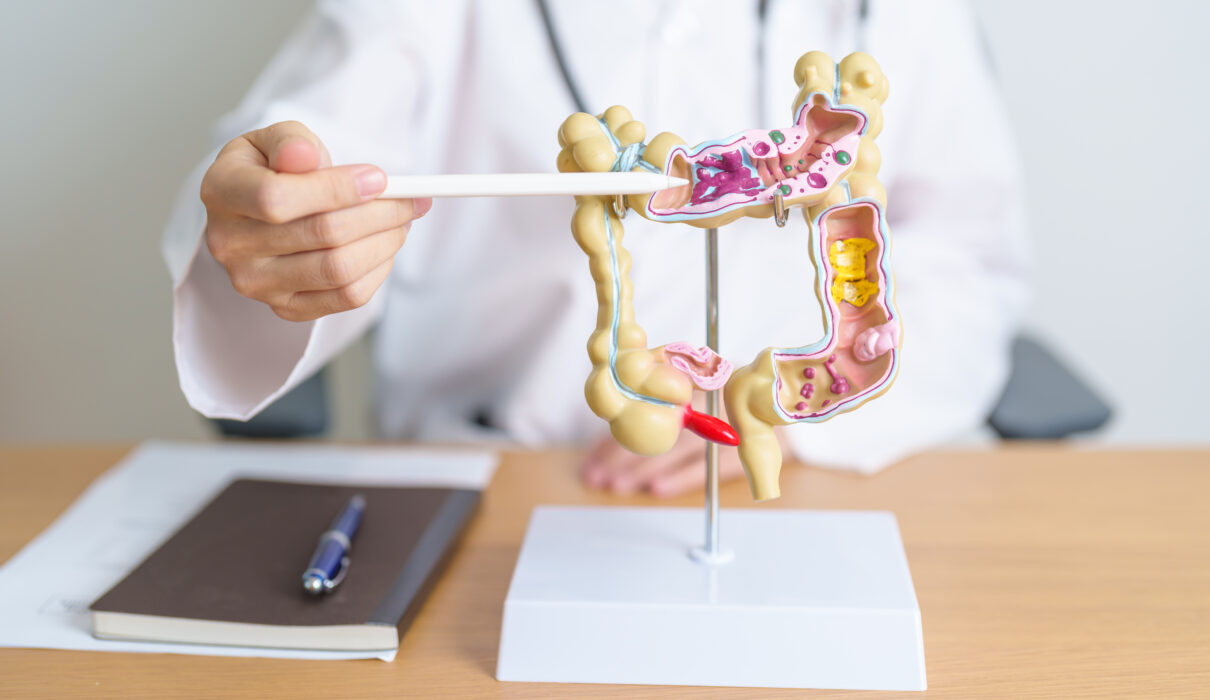Colorectal health is a crucial aspect of overall well-being that often goes overlooked until problems arise. The colon and rectum, collectively known as the colorectal region, play essential roles in digestion and waste elimination. However, various conditions can affect this area, including cancer and pelvic floor problems, leading to discomfort, inconvenience, and in some cases, serious health risks. With the help of a female surgeon who is a colorectal & prolapse specialist, you explore some of the most common colorectal conditions, their symptoms, and available treatments.
- Colorectal Cancer
Colorectal cancer is one of the most prevalent types of cancer in Australia and globally. It typically develops from precancerous polyps in the colon or rectum and can spread to other parts of the body if not detected and treated early. Symptoms of colorectal cancer may include changes in bowel habits, blood in the stool, abdominal discomfort, weakness, and unintended weight loss.
Screening tests such as colonoscopies are vital for early detection, and treatment options may include surgery, chemotherapy, radiation therapy, or a combination of these approaches. If you feel uncomfortable talking to a male surgeon or getting a colonoscopy, it can help to request a female surgeon.
- Haemorrhoids
Haemorrhoids are swollen veins in the rectum or anus, often caused by increased pressure in the lower rectum. They can result from straining during bowel movements, chronic constipation or diarrhea, pregnancy, or sitting for prolonged periods. Symptoms of haemorrhoids may include pain, itching, bleeding during bowel movements, and protruding lumps around the anus.
Treatment options range from lifestyle modifications and over-the-counter remedies to medical procedures like rubber band ligation, sclerotherapy, or surgical removal in severe cases.
- Irritable Bowel Syndrome (IBS)
IBS is a chronic gastrointestinal disorder characterised by abdominal pain, bloating, gas, diarrhea, and constipation. While the exact cause of IBS is unknown, factors such as diet, stress, hormonal changes, and abnormalities in the gut microbiome may contribute to its development.
Management of IBS typically involves dietary modifications, stress reduction techniques, medications to control symptoms, and counselling or therapy to address psychological factors.
- Inflammatory Bowel Disease (IBD)
IBD encompasses two main conditions: Crohn’s disease and ulcerative colitis, both of which involve chronic inflammation of the digestive tract. Symptoms may include abdominal pain, diarrhea, rectal bleeding, weight loss, fatigue, and fever. While the exact cause of IBD remains unclear, it is believed to involve an abnormal immune response triggered by genetic and environmental factors.
Treatment aims to reduce inflammation, manage symptoms, and prevent complications through medication, dietary changes, and, in severe cases, surgery to remove damaged portions of the intestines.
- Anal Fissures
Anal fissures are small tears or cracks in the lining of the anus, often caused by trauma during bowel movements, constipation, or diarrhea. Symptoms may include pain during bowel movements, bleeding, itching, and discomfort that persists after defecation.
Treatment typically involves dietary modifications to soften stools, topical medications to promote healing and relieve pain, and in some cases, surgical intervention to repair the fissure.
- Pelvic Floor Problems
Pelvic floor problems, including pelvic organ prolapse, faecal incontinence, and urinary incontinence, can significantly impact a person’s quality of life. These conditions may result from childbirth, aging, obesity, chronic constipation, or pelvic surgery.
Symptoms vary depending on the specific disorder but may include pelvic pressure or discomfort, urinary or faecal leakage, and difficulty emptying the bladder or bowels.
Treatment options range from pelvic floor exercises and lifestyle changes to medication, biofeedback therapy, and surgical procedures aimed at restoring pelvic organ support and function. Many women find it difficult to talk about these pelvic floor problems, so it can help to see a female surgeon who is a colorectal & prolapse specialist.
Empower Your Health – Speak to a Female Surgeon Today
Regular screenings by your colorectal & prolapse specialist, healthy lifestyle choices, and open communication with healthcare providers are key components of colorectal health maintenance and disease prevention. Remember, you can request a female surgeon who is a colorectal & prolapse specialist if this makes it easier for you. Early detection and intervention can make a significant difference in outcomes, so prioritise your colorectal health today for a healthier tomorrow!


